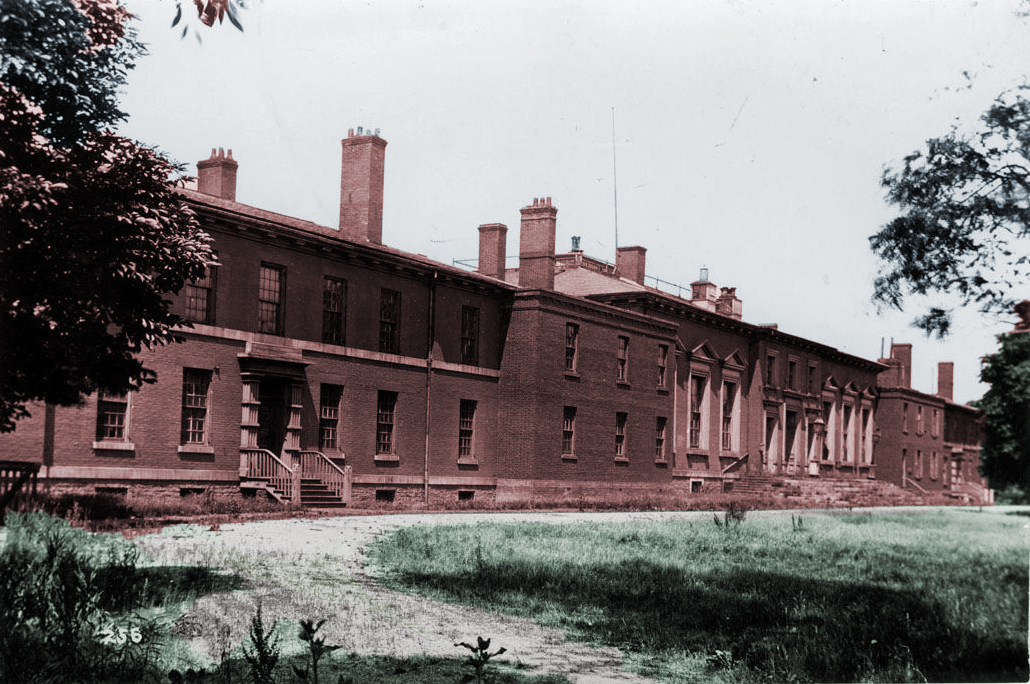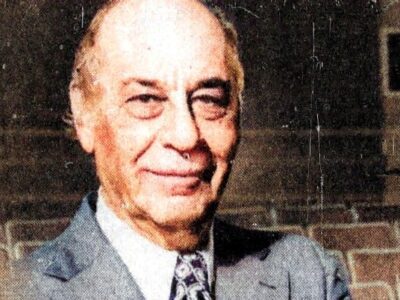 The last time Nomi Berger saw her brother Peter, he was 19 years old and submerged in Montreal’s pot-smoking and acid-dropping hippie counter-culture. The year was 1968. Peter, who lived in a house with several others, had recently been arrested for drug possession and had fought bitterly with his parents. “Help me,” he had beseeched his sister, hugging her, making her break into tears.
The last time Nomi Berger saw her brother Peter, he was 19 years old and submerged in Montreal’s pot-smoking and acid-dropping hippie counter-culture. The year was 1968. Peter, who lived in a house with several others, had recently been arrested for drug possession and had fought bitterly with his parents. “Help me,” he had beseeched his sister, hugging her, making her break into tears.
“My husband dragged me out of the room and I never saw my brother again,” says Berger, who was then 23 years old. “When the brother you love says ‘Help me’ and three weeks later he’s dead, what do you do? The feeling that I had failed him was so strong and the guilt so powerful that I just went into a tailspin. The shock of it, the guilt of it — I didn’t know how to cope.”
Berger, now a Toronto-based author of seven novels, says that the act of researching and writing her first work of non-fiction — My Brother Peter: Murder or Suicide? (Robert Davies Publisher, Montreal) — has helped her to gain mastery over her grief and and over her nagging doubts about how her brother died. “This book,” she says, “is an illustration that there’s no statute of limitations on either grief or guilt, but especially on one’s ability to look for answers and find piece of mind.”
Peter, who had been scheduled to appear as a witness in another drug-related court case, died mysteriously with a knife in the heart. “The police ruled it a suicide but I always thought it was a murder to silence him,” says Berger, who launched her own intensive investigation several years ago. She contacted many of Peter’s friends, found doctors who had treated him during his brief stay in a psychiatric hospital, even tracked down the RCMP officer who had arrested him.
She also followed a paper trail of official documents, many of which she had to pry from recalcitrant and uncooperative bureaucracies. “I was told ‘No’ but I pushed and harangued and eventually used the Access to Information Act to get everything I wanted. I set legal precedents at every step of the way because every bureaucracy said to me, ‘We don’t know what to do with you, you’re a test case.’ That’s another reason I wrote this book — to help people through the system.
“The more I got into it, the more obsessed I became. It took me over a year, full-time, seven days a week, every moment of every day — phoning people, hiring lawyers, going to commissions, and just never letting go. Because it seemed to me that every answer I got opened up 20 more questions…. Many times, when I was going through this, I questioned not only my own sanity but my ability to survive it, it was so horrendous.”
In My Brother Peter, which reads like a detective story, Berger does not reach a definitive opinion about his death — “the conclusion is that there was not enough evidence of murder” — but she invokes a sort of closure on the tragic event of three decades ago. In some way, she says, she had become stuck in her mourning, unlike her parents.
“My mother told me many years ago, ‘I don’t think you’ve ever come to terms with Peter’s death.’ I always thought I had…. We were very close and I missed him terribly. He appeared in every one of my novels, short stories and poems. Only much later did I recognize that it was true, I had never gotten over his death.”
My Brother Peter is certain to be of interest to general readers, but Berger says she is also “reaching to my constituency — the bereavement community. There are bereavement and suicide groups in every major city. Suicide touches almost everybody, and to dam up the grief cripples you. It doesn’t have to be that dark secret that you hide away like an insane aunt who’s locked in the attic.”
More than three decades after the tragedy, Berger has become an activist, bringing a dual message of hope and political action to numerous radio talk shows and bereavement groups across North America. Her mission, she says, is two-fold.
First, she wants to bring hope and comfort to “suicide survivors” — people who, like herself, have lost a close relative to suicide. “I’ve learned from my own experience that there can be an end to the grief process. I’ve learned that I can seek and ultimately find peace of mind, and that no matter how late I start down the path to health, it’s never too late.”
Second, she wants the federal government to acknowledge that suicide is a serious mental health problem that claims some 3,800 Canadians every year. “I’d like to see the development of a national strategy that includes research, education, and public service announcements by a celebrity,” she says.
The book marks a departure for Berger, whose previous works fall into the category of mainstream contemporary or women’s fiction. Devotions, a novel that she penned in 1983, became a Canadian bestseller, and several others have been translated and distributed internationally. Her most recent work of fiction is Dreams to Keep, a novel of the Holocaust. ♦
© 1998 by Bill Gladstone






